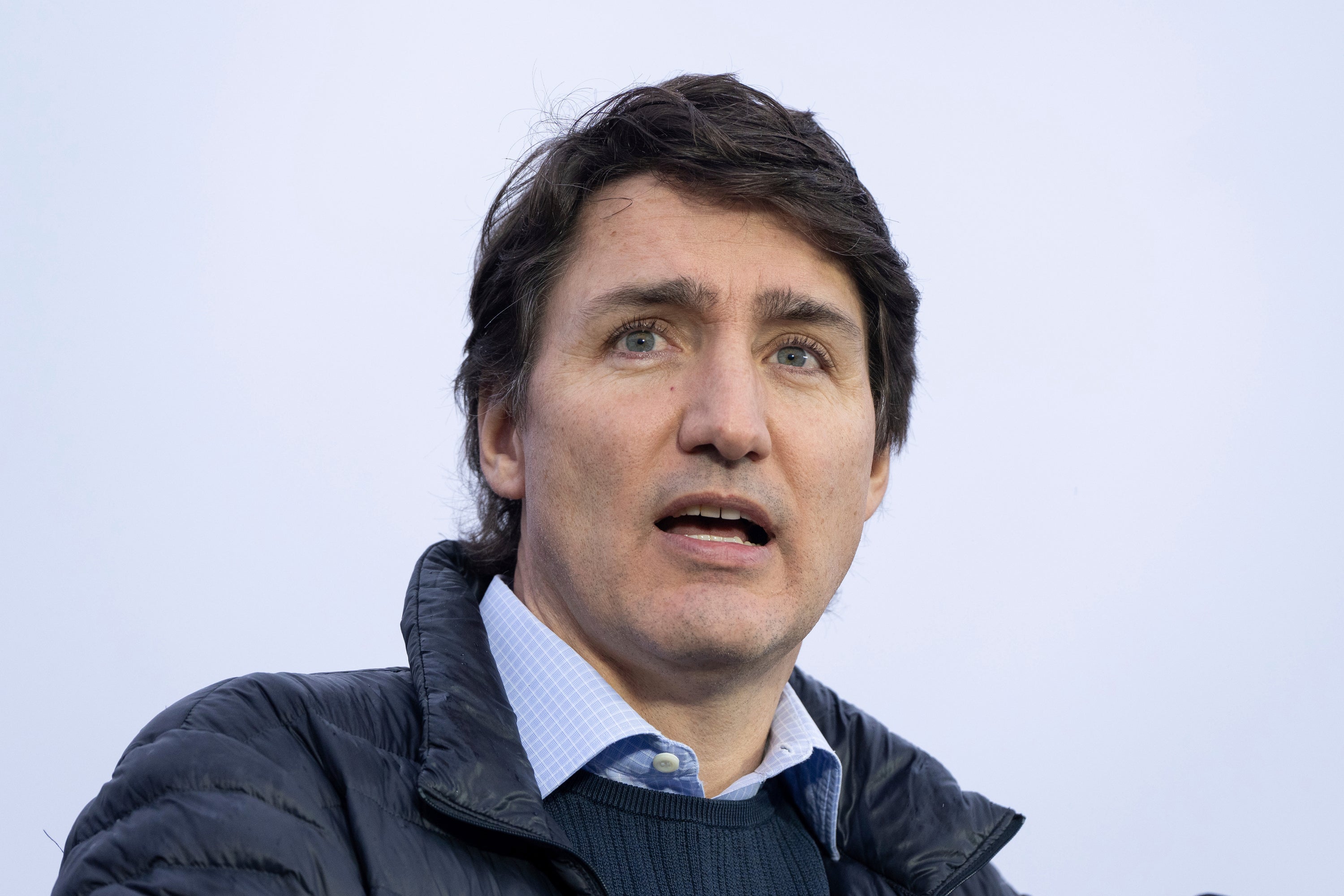Canada reimposes a visa requirement on Mexicans
Canada's immigration minister says his country is reimposing the visa requirements on Mexican nationals visiting Canada

Your support helps us to tell the story
From reproductive rights to climate change to Big Tech, The Independent is on the ground when the story is developing. Whether it's investigating the financials of Elon Musk's pro-Trump PAC or producing our latest documentary, 'The A Word', which shines a light on the American women fighting for reproductive rights, we know how important it is to parse out the facts from the messaging.
At such a critical moment in US history, we need reporters on the ground. Your donation allows us to keep sending journalists to speak to both sides of the story.
The Independent is trusted by Americans across the entire political spectrum. And unlike many other quality news outlets, we choose not to lock Americans out of our reporting and analysis with paywalls. We believe quality journalism should be available to everyone, paid for by those who can afford it.
Your support makes all the difference.Canada’s government is reimposing the visa requirements on Mexican nationals visiting Canada, the immigration minister announced Thursday.
Quebec’s premier has been urging the Canadian government to slow the influx of immigrants, which he says has been straining resources. The U.S. government also urged Canada to take action as some Mexicans have been crossing illegally into the U.S. from Canada.
Immigration Minister Marc Miller said that the new rules take effect late Thursday.
“We have seen exponential growth in asylum claims particularly from Mexican nationals in the last year,” Miller said.
Miller said Mexico accounted for 17% of all asylum claims received by Canada from around the world, and said most claims from Mexico are either rejected, withdrawn or abandoned, so a change was needed.
“Claims that don’t even have the prospect of success put a pressure on the system and put a pressure on the social supports that these people get,” he said. “It has ripple effects across the system.”
Miller said Canadian Prime Minister Justin Trudeau raised this issue with Mexico's president every time he spoke with him, and said not enough was being done to decrease the numbers.
Trudeau’s government lifted the visa requirement for Mexican visitors in late 2016, removing a major irritant in relations between the two countries.
But Immigration Department data show asylum claims from Mexico have spiked dramatically. In 2015, there were only 110 such claims, but the number jumped to nearly 24,000 last year.
The Quebec government has been calling on Ottawa to reimburse 1 billion Canadian dollars ($740 million) — the amount the province has said it has spent on a growing number of asylum-seekers.
Miller said that Canada’s relationship with the U.S. is also a factor.
“We have seen a number of claimants cross into the United States,” Miller said. “They are nothing compared to what the U.S. is facing with respect to their southern border."
“But they are significant, and they have increased dramatically in the last year or two,” he said. "And that’s something we have to manage as a partner with the U.S.”
Previously, refugee service providers in Montreal have said that Mexican families are fleeing violence, insecurity and a lack of jobs in Mexico.
Canada only grants asylum to people it believes can't safely live in any part of their home country, because officials are unable or unwilling to provide those conditions.
During his daily media briefing on Wednesday, Mexican President Andrés Manuel López Obrador suggested that Canada was going to announce actions when he took a reporter’s question about potential U.S. tariffs on Mexican steel exports and launched into a rambling complaint about a lack of respect coming from Mexico’s North American neighbors.
The president said that conservative forces in Mexico had been lobbying in the United States and Canada for actions that would reflect poorly on his administration. He mentioned U.S. complaints about fentanyl production in Mexico, and assertions by both the U.S. and Canada that Mexico wasn't doing its part to control immigration numbers.
“The immigration issue, it’s Mexico’s fault,” López Obrador said mockingly. “’We’re going to build a wall and that’s how we’ll solve the problem. We’re going to militarize the border and that’s how we’ll solve the problem.’”
“And now Canada is doing the same, they’re wanting to take measures against Mexico; we really regret it,” López Obrador said. “They’re negotiating to reach an agreement, that we can control the migration flows to Canada, as we always have. And we have acted generously toward them, with the administration of Prime Minister Trudeau, but they were already at the point of imposing unilateral measures, right now, when there are elections in Mexico.”
López Obrador also raised the possibility that he wouldn't attend the North American Leaders’ Summit, scheduled for April in Quebec.
“If there isn’t respectful treatment, I don’t participate,” he said.
___
Christopher Sherman contributed to this report from Mexico City.